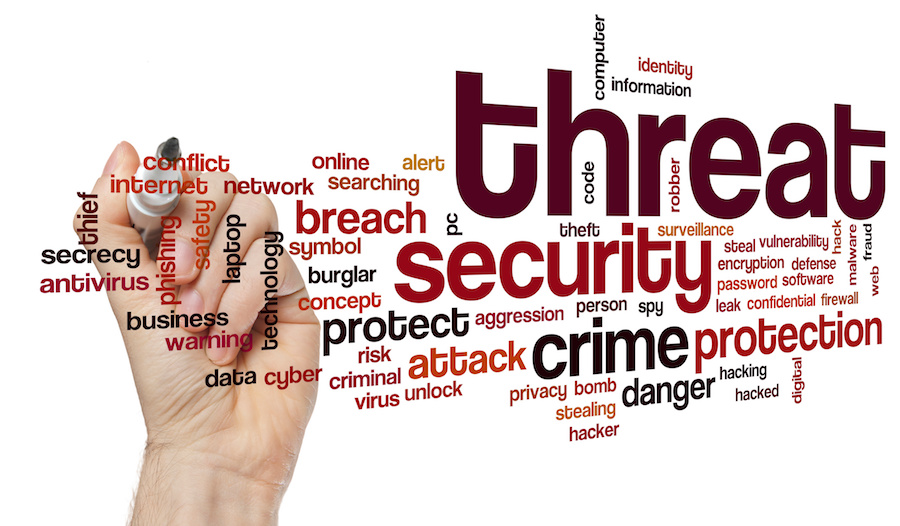The BBC had its’ website hacked on New Years Eve by a hacker group calling itself New World Hacking, which is based in the US. The site was affected by a distributed denial of service attack (when a site is bombarded with more internet traffic than it can cope with and crashes). The BBC site was down for several hours on January 1st.
The group that targeted the BBC site says the attack was planned for the purpose of testing out their own capabilities. Usually the group focuses on tracking down terrorist sympathizers on the web.
The hack led to a number of complaints as the BBC website – particularly its news site and iPlayer service – are incredibly popular with internet users in the UK. The group that caused the disruption is made up of twelve ‘hacktivists’ and it took them two weeks to prepare for the BBC attack.
Why Target the BBC?
Why the hacker group targeted the BBC site remains unclear, with little known about the groups’ members. The BBC is the 7th largest site in the UK; a tempting target for hackers wanting to prove their worth, make the headlines and take up a formidable opponent. However, since this a group that usually focuses on calling out ISIS sympathisers on social media sites the attack was certainly still unexpected.
The attack highlighted the growing capabilities and resources of hacktivists. Hacktivists normally concentrate their efforts on attacking far right extremist groups by disabling their websites and humiliating their members online. However, hacktivists are increasingly choosing to attack large organisations in order to challenge their members and showcase a businesses’ security weaknesses. Large organisations usually have far more complex security measures than extremist groups who conduct most of their activities on popular social media sites.
Increasing Number of ‘Hacktivist’ Groups
Hacktivism has attracted a number of cyber enthusiasts across the globe especially since the rise of the most infamous hacking group Anonymous. Anonymous members, known by their adorning of Guy Fawkes masks, conduct activities on the web in the name of a whole range of causes, from tackling racism to condemning fox hunting in the UK. Its support for a number of social and political movements means its past victims are diverse, ranging from the Canadian government to a member of the band Prodigy.
Anonymous has used distributed denial of service attacks as a form of protest in the past. Donald Trump was recently the target of an online attack after making controversial statements concerning Muslim immigration to the US. As a response to these comments Anonymous took down the Trump Towers website for a few hours, after publishing a video stating that Mr. Trump’s comments would benefit ISIS by incentivising recruitment.
Trump was also the target of a hack performed by the same group that attacked the BBC. New World Hacking were able to crash the Presidential hopefuls campaign site for over an hour. The group has said the aim of the attack was also to test their hacking capabilities.
It’s not just divisive politicians, rock stars and broadcasting giants that are targeted by hacktivists. Successful corporations can also attract the attention of hacktivists and so are urged to take the necessary cyber security measures to make sure that in such an event they can effectively rebuff any hacktivist opportunist.











